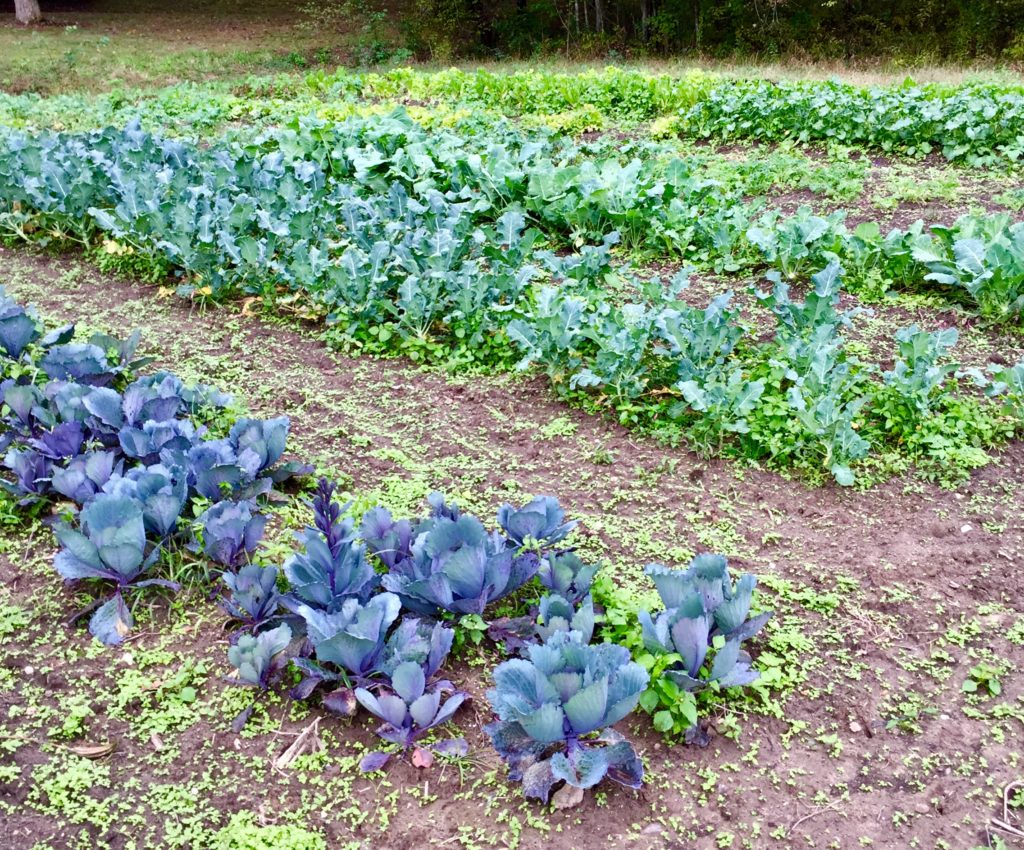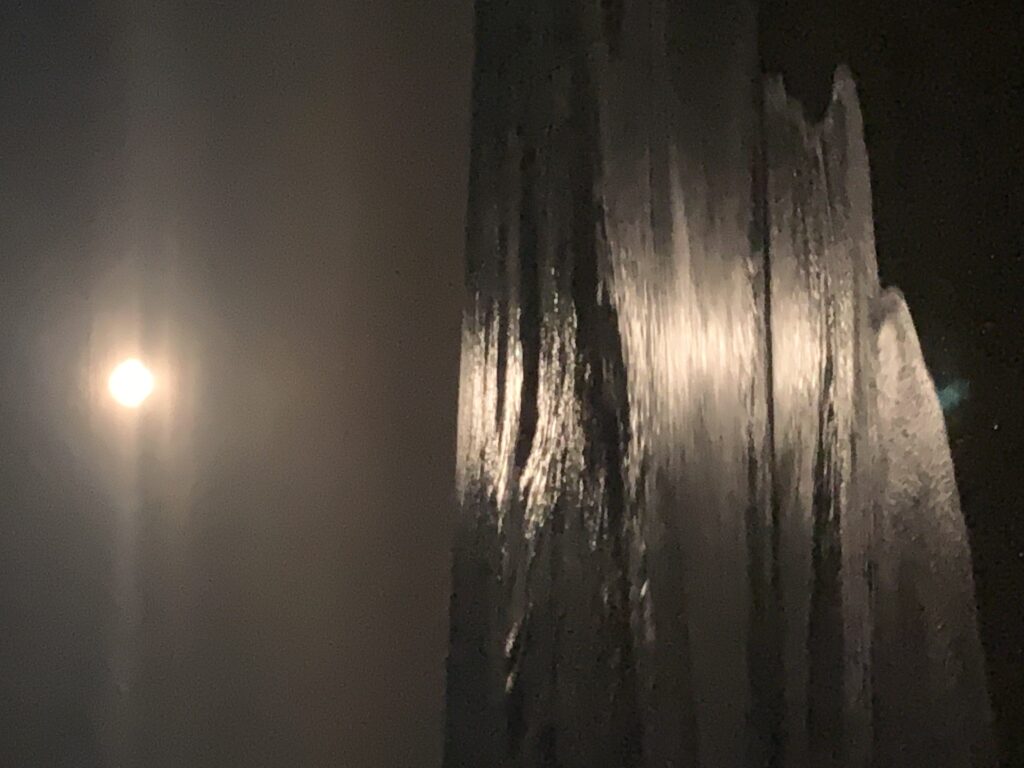Gardening by Signs: Superstition or Wisdom?
go.ncsu.edu/readext?1053434
en Español / em Português
El inglés es el idioma de control de esta página. En la medida en que haya algún conflicto entre la traducción al inglés y la traducción, el inglés prevalece.
Al hacer clic en el enlace de traducción se activa un servicio de traducción gratuito para convertir la página al español. Al igual que con cualquier traducción por Internet, la conversión no es sensible al contexto y puede que no traduzca el texto en su significado original. NC State Extension no garantiza la exactitud del texto traducido. Por favor, tenga en cuenta que algunas aplicaciones y/o servicios pueden no funcionar como se espera cuando se traducen.
Português
Inglês é o idioma de controle desta página. Na medida que haja algum conflito entre o texto original em Inglês e a tradução, o Inglês prevalece.
Ao clicar no link de tradução, um serviço gratuito de tradução será ativado para converter a página para o Português. Como em qualquer tradução pela internet, a conversão não é sensivel ao contexto e pode não ocorrer a tradução para o significado orginal. O serviço de Extensão da Carolina do Norte (NC State Extension) não garante a exatidão do texto traduzido. Por favor, observe que algumas funções ou serviços podem não funcionar como esperado após a tradução.
English
English is the controlling language of this page. To the extent there is any conflict between the English text and the translation, English controls.
Clicking on the translation link activates a free translation service to convert the page to Spanish. As with any Internet translation, the conversion is not context-sensitive and may not translate the text to its original meaning. NC State Extension does not guarantee the accuracy of the translated text. Please note that some applications and/or services may not function as expected when translated.
Collapse ▲Gardening by Signs: Superstition or Wisdom?
Have you ever heard an old-time gardener say they always ‘plant by the signs’ or by the moon phase and follow the farmer’s almanac? If you have then you will know that they believe that the phase of the moon and constellation of the zodiac where the moon appears at night is critical to how well a garden produces. This belief was passed down to them by their ancestors and they subscribe to the notion wholeheartedly.
Does the moon phase influence plant growth or seed germination? If you are descended from southern farmers you may have heard your grand-people discussing how farming and gardening chores were planned based on the lunar cycle and ASTROLOGY. Many farmers swore by the farmer’s almanac. So, is this belief in ‘planting by signs’ superstition or science?
Ancient peoples relied on the position of the sun and the phases of the moon for timekeeping. After all, when you are a hunter gatherer whose life is tied to the movements of wildlife and the appearance of edible plants, it only makes sense that after thousands of years of observation people would recognize that astronomical rhythms of the sun, moon and stars ruled much of what happens on the Earth. Humans have always looked to the sky for answers.
The sun is the fuel for life on earth. Plants turn sunlight into food that they use to grow. Animals eat plants and turn that energy into flesh. The suns heat and day length influences everything from dormancy in deciduous trees to flowering. The sun obviously influences plant growth.
What about the moon and zodiac? Does moon phase and astrology influence plant growth? That is the question.
‘Planting by the Signs’
At the heart of ‘planting by the signs’ is astrology. The definition of astrology is, “the study of the movements and relative positions of celestial bodies interpreted as having an influence on human affairs and the natural world.” The signs in this planting system are the signs of the zodiac. Overlay the moon phase and the moon’s relative location to the constellations of the zodiac in the sky and you have a system by which you can plan your crops.
There are many beliefs that are wrapped up in this system of planting. As an example farmers who ‘plant by the signs’ believe that when the moon passes through the constellations of Cancer, Scorpio, Pisces, Taurus, Capricorn and Libra that plants are more ‘fruitful’. On the other hand, when the moon passes through Leo, Virgo, Aquarius, Gemini, Aries and Sagittarius then plants will not grow as these are the ‘barren’ signs. Crops are planted and crops preserved by canning when the zodiac signs are in the upper torso. Full moons are to be avoided.
An astronomical system of planting bases its recommendations on the phases of the moon. People believe that seeds will take up more water under a full moon. Gardeners should plant above ground plants when a moon is waxing and below ground plants during the waning of the moon. Everything from pruning to planting times can be divined using these astrological or astronomical based planting systems.
What does the science say?
According to an article on the University of Illinois Extension Website, a paper in the journal of Agronomy “reviewed over 120 scientifically supported references to assess whether or not the moon’s influence on earth extends beyond tidal movements to significantly affect the lifecycle of plants. Based on the review and the factors we know about the moon’s influence on earth, there was no consistent relationship identified that supports a lunar influence on plant life.” Other studies have similarly found that ‘planting by the signs’ has little basis in fact. So if the science says there is nothing to ‘planting by the signs’ then what is going on?
Better Gardeners?
The tradition of ‘planting by the signs’ is an ancient one. Many people over the generations have subscribed to the belief that the phase of the moon and the sign of the zodiac influence the quality of a garden or crop. Does that mean it is reliable or even fact?
If there is an improvement between people who plant by signs and those who do not, is it possible that the moon planters pay more attention to their gardens and in general are better gardeners? I certainly know that my grand-people were great gardeners. Better than me, that is for sure. However, I am not relying on my crop for my livelihood and they were. Their primary concern during the growing season was seeing to it that their garden was the best it could be so they could eat and preserve for the winter months. If ‘planting by the signs’ or the phases of the moon contributes to people paying more attention to their garden and being more attuned to their plant’s needs, then it makes sense that they might have superior crops. My philosophy has always been, ‘if it works for you then do it!’






